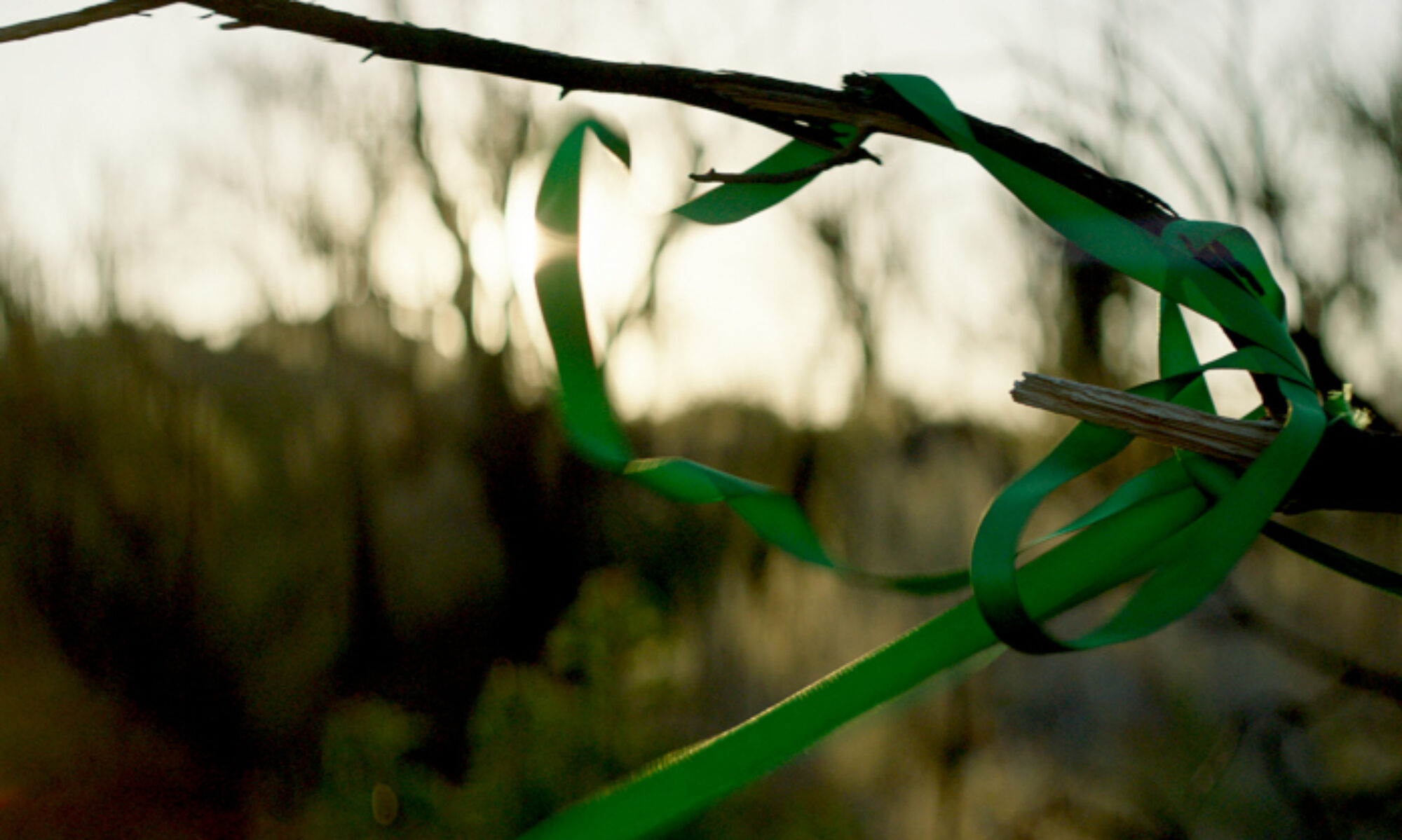
Statement of Solidarity with the Ukrainian People



Afghan American Artists and Writers Association
خوش آمدی | پخير




Chai Chats, 2010-Present
Since 2011, AAAWA has hosted Chai Chats, a members-only digital platform where we discuss timely social and political concerns. The Chai Chats were borne out of a desire among our members to discuss issues around race, gender, citizenship, migration, and representation that were not being addressed in mainstream news or popular culture. Through these discussions, members are able to think together across disciplines, fields of practice, and expertise in ways that are not pre-determined by policy and media frameworks.
Past discussions addressed the following topics:
“The Politics of Translation of Afghan Folk Writing and Poetry”
“Political Activism through Art in Afghanistan: Shamsia Hassani”
“Traditions of Grieving in the Afghan Diaspora”
“Visual Representations of Afghan Women”
“Producing Knowledge about Afghanistan In and Out of the Academy”
“The Erasure of Afghan Refugee Stories in the Wake of 2015’s Global Refugee Crisis”
In Emergent Archives of Afghan Diasporic Memory, a panel discussion hosted at UC Berkeley’s Department of Art on October 20, 2022, artist Zelikha Shoja and writer Hawa Arsala discussed the power of storytelling in transforming and reimagining community identity. Moderated by AAAWA member Helena Zeweri, the panel examined how visual art and writing serve as unique mediums to engage with themes of ancestral identity, diasporic memory, and oral traditions of storytelling. In doing so, the discussion explored how written and visual stories can create counter-archives to dominant representations of Afghan life. In situating these narratives as emergent, this discussion also reference recent events in Afghanistan and their resonance for visual artists and writers in the diaspora, including the new forms of political consciousness they inspire.
On Thursday, August 25, 2002, AAAWA hosted “An Assembly of Moths: Afghanistan, One Year Later” — an online gathering through art. The program provided an opportunity to reflect on the somber anniversary while also affirming our humanity, preservation, and imagination through poetry, song, dance, film, and a participatory sonic healing ritual.
Featured artists included:
“Afghanistan and Korea’s histories are so different and yet there is the similarity of incredible pain and loss and diaspora after the involvement of the US/Western powers. I learned so much but also felt so much resonance with my own sense of personal/ethnic/national history.“
Hyejung Kook
On Monday, August 29, 2022 at 2pm PT / 5pm ET, Afghan American Artists and Writers Association (AAAWA), Afghans For A Better Tomorrow, and Project ANAR hosted a panel event centering Afghan Experiences of Humanitarian Parole One Year Later.
One year after the US withdrawal from Afghanistan, Afghan nationals throughout the world find themselves displaced and with little to no certainty about their futures. This discussion will feature the perspectives of lawyers, advocates, and first-hand accounts of applicants. Panelists will discuss how humanitarian parole, a mechanism to enter the US, has failed Afghan applicants; the history of HP in the context of US immigration policy; and steps we can take to advocate for fairer and more just immigration policies.
Watch the recording of the panel event below:

On June 19, 2014, AAAWA members co-hosted a fundraising event, “Afghan Writers for Afghan Children” with the Afghan Child Education and Care Organization (AFCECO) at the New York Ethical Society. The fundraising event was designed to help AFCECO’s work running an orphanage for children in Afghanistan and Pakistan. Most children under AFCECO’s care are orphans, victims of child labor, and poverty, and have experienced hostile family environments. The orphanage played an important role in providing a new environment for over 600 children based on the principles of peace, love, and respect.
The event featured readings and speeches from AAAWA members Zohra Saed, Sahar Muradi, Wazhmah Osman, Leila Christine Nadir, and Helena Zeweri.

